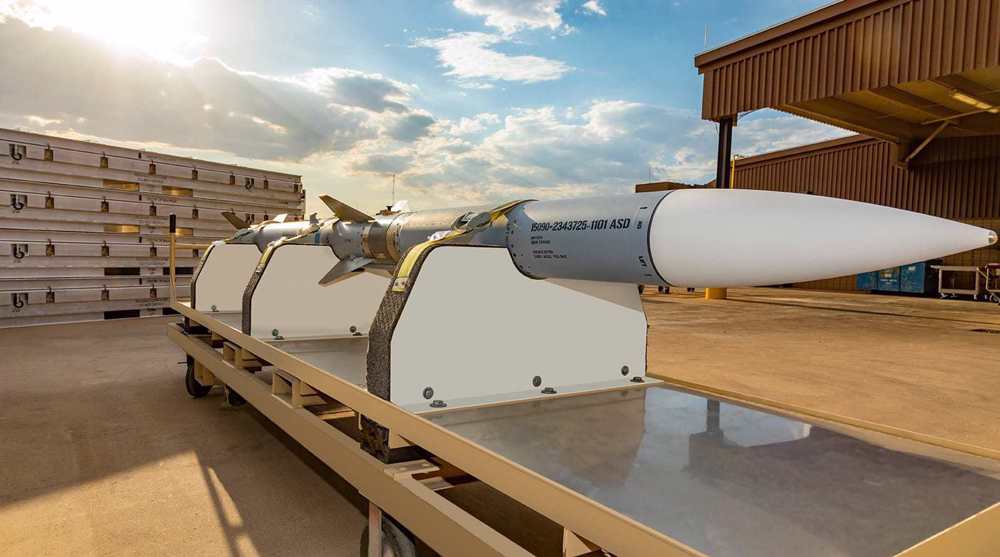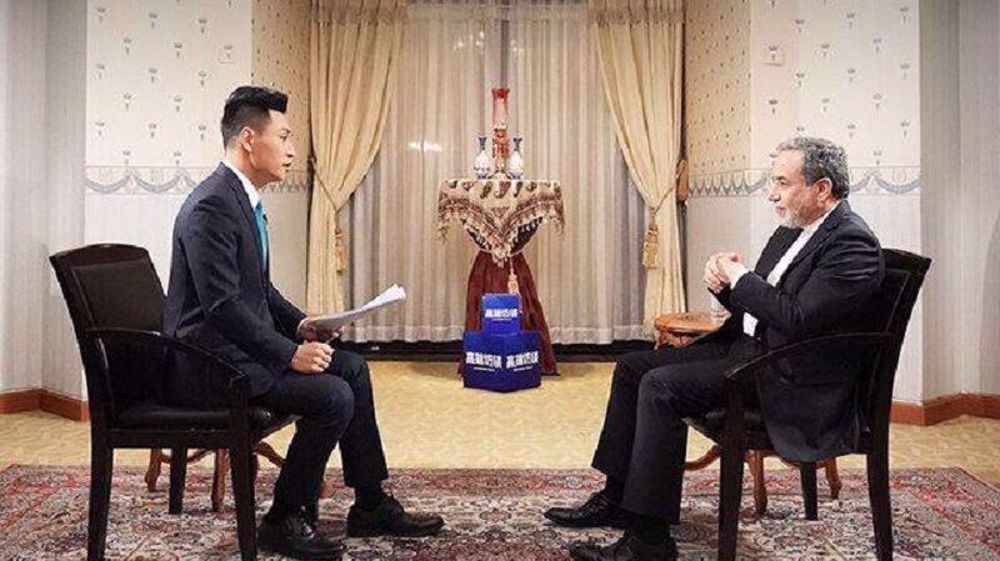US sanctions on Venezuela led to 40,000 deaths: Report
About 40,000 people may have died in Venezuela as a result of US sanctions that have reduced the availability of food, medicine and medical equipment, according to a new report.
Those deaths took place following the imposition of US sanctions in the summer of 2017, said the report, which was published by the Center for Economic and Policy Research (CEPR), a progressive think tank in Washington DC.
The United States has imposed numerous rounds of sanctions against Venezuela since 2017 following the political developments in the country.
The study said the situation worsened earlier this year when the US government imposed additional sanctions on the Venezuela’s oil industry in an effort to oust President Nicolas Maduro.
“The sanctions are depriving Venezuelans of lifesaving medicines, medical equipment, food, and other essential imports,” says the report, co-authored by Mark Weisbrot and Jeffrey Sachs, an award-winning economist based at Columbia University in New York City.
“This is illegal under US and international law, and treaties that the US has signed. Congress should move to stop it,” they wrote.
The report’s authors based their claims on mortality figures published by Venezuela’s National Survey on Living Conditions, known as Encovi.
Weisbrot, a cofounder of the CEPR, told The Independent newspaper that their research could not prove those excess deaths were the result of sanctions, but said the increase ran parallel to the imposition of embargoes and an associated fall in oil production.
In January, UN special rapporteur Idriss Jazairy said sanctions, “which can lead to starvation and medical shortages, are not the answer to the crisis in Venezuela.”
“Coercion, whether military or economic, must never be used to seek a change in government in a sovereign state,” he said. “The use of sanctions by outside powers to overthrow an elected government is in violation of all norms of international law.”
Venezuela has been shaken by political unrest in the past several months. In January, tensions worsened after opposition politician and president of the defunct National Assembly Juan Guaido abruptly declared himself “interim president” of Venezuela, challenging the outcome of last year’s presidential election, in which Maduro emerged victorious.
The administration of US President Donald Trump immediately recognized that self-proclamation. Ever since, the US has been escalating tensions against oil-rich Venezuela, and has not ruled out the military option to take out Maduro’s government.
Maduro has repeatedly accused Washington of openly pushing for a coup in the Latin American country by confiscating its state oil assets based in the US and channeling them to Guaido.
Caracas has accused Washington of waging an economic war, which has led to hyperinflation and widespread shortages of food and medicine in Venezuela.
Yemen crashes missiles, drones into American, Israeli targets
Iran’s former pres.’s martyrdom date registered in natl. calendar
Israeli prosecutor admits still can’t find October 7 'rape' victims
Qassam Brigades warns Israel will pay ‘in blood’ for its aggression
Yemeni security forces dismantle Saudi, British espionage network
VIDEO | Press TV's news headlines
Canada's PM Trudeau resigns, suspends parliament till March
France's former president Sarkozy on trial over 'Libyan case'











 This makes it easy to access the Press TV website
This makes it easy to access the Press TV website